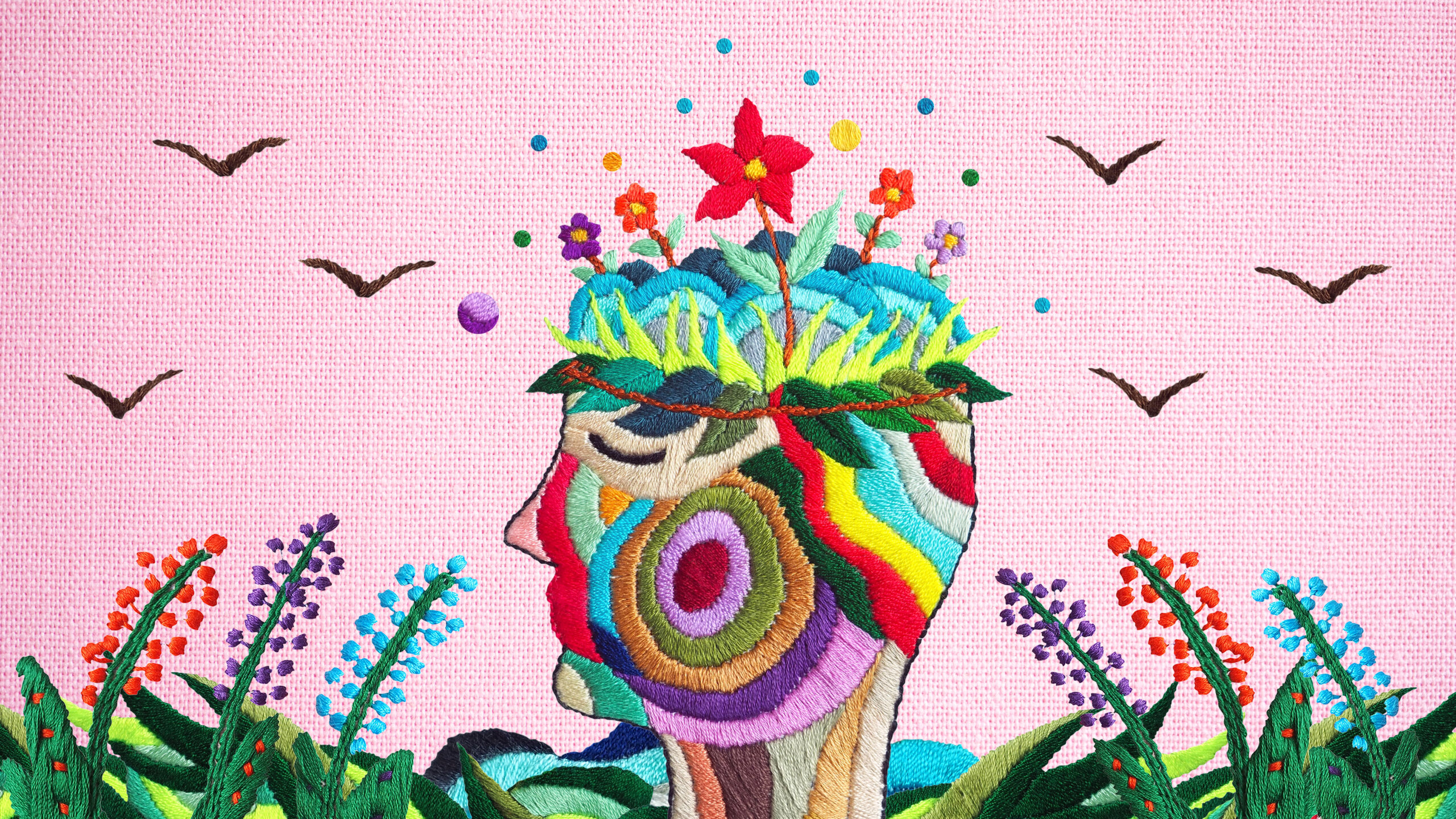Circadian rhythms (CRs) are integral to the well-being of individuals. From the molecular to behavioral level, circadian rhythms regulate our body’s physiological process with the 24-hour day-night cycle. CRs affect our sleep routine, manage hormonal secretion, adjust temperature set points, and even reinforce our memories. Therefore, proper maintenance of our CR, regulated by the hypothalamus, is essential to survival. Our brain’s hypothalamus is sensitive and reacts to light stimuli, which may influence our CRs and can result in phenomena such as jet lag.
Importance of Circadian Rhythms
Image Source: Fanatic Studio
Recent discussions have tied sleeping difficulties, a type of circadian rhythm disruption (CRD), to people with mental health disorders. According to a survey, only one in ten people in the world sleep well. Such sleep inadequacy has been associated with various psychiatric diseases such as bipolar disorder and ADHD. For example, out of the 300 million people who have depression, approximately 75% have insomnia.
Inadequate Sleep and Mental Health
Image Source: DebbiSmirnoff
Now, researchers are seeking to understand how CRD exists as a psychopathology factor of mental illnesses that influences neurodevelopment. At University of California, Irvine (UCI), a team devises transcriptomic and metabolomic techniques to study the molecular mechanisms that determine the link between CRD and mental health disorders. The results will reveal whether CRD is the origin of these mental maladies or a self-reinforcing symptom of the mental illnesses.
Pierre Baldi, a UCI distinguished professor, states that researchers can obtain serum samples from healthy and diseased subjects along regular intervals of the circadian cycle. Since this technique only relies on serum samples, many model organisms can be used to investigate the molecular machinery maintaining the circadian clock before and after disease progression. This helps the mental health research community in compiling a list of biomarkers and therapeutic treatments to rectify disrupted CRs.
Currently, existing clinical data and research on CRD and mental disorders like major depressive disorder (MDD), anxiety, bipolar disorder, and schizophrenia suggest a relationship between the two. Although it remains unclear whether CRD predisposes people to develop psychiatric disorders, rodent studies have shown that CRDs lead to changes in moods, feelings, and attitudes. Therefore, a cogent conclusion lies in that CRDs introduce or exacerbate symptoms that propel the development of mental health disorders.
People can synchronize their disrupted CRs through the moderation of electronic device usage and by developing healthy sleep habits. For example, wrist-worn devices help researchers understand CRDs across large demographics by providing data that can monitor and improve mental health outcomes. People should also record their sleep-wake schedule to avoid erratic sleep behavior and maintain a stable resting schedule regardless of their life commitments. Dr. Roth of Cleveland Clinics’ Sleep Disorders Center suggests people should sleep only when sleepy and avoid snoozing or prolonging sleep in the morning.
Maintaining Healthy Sleep Habits
Image Source: Carol Yepes
Featured Image Source: Benjavisa Ruangvaree










